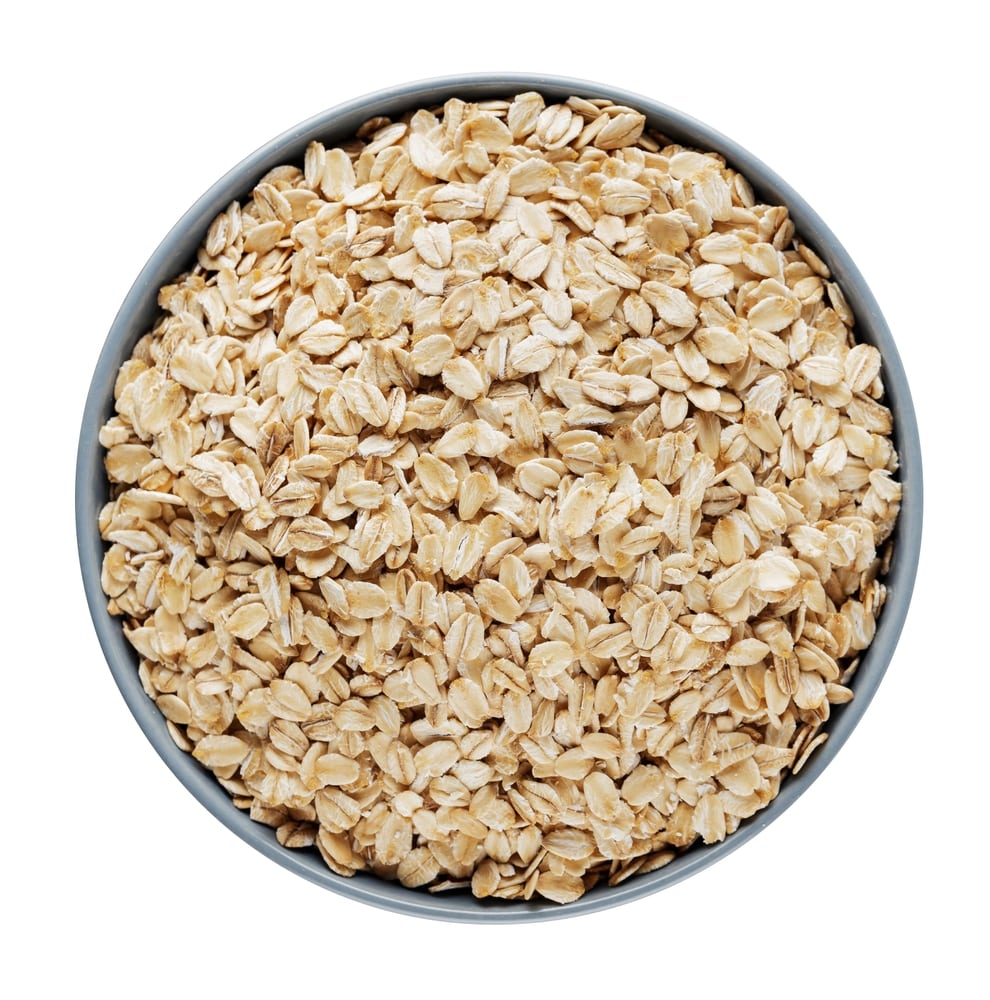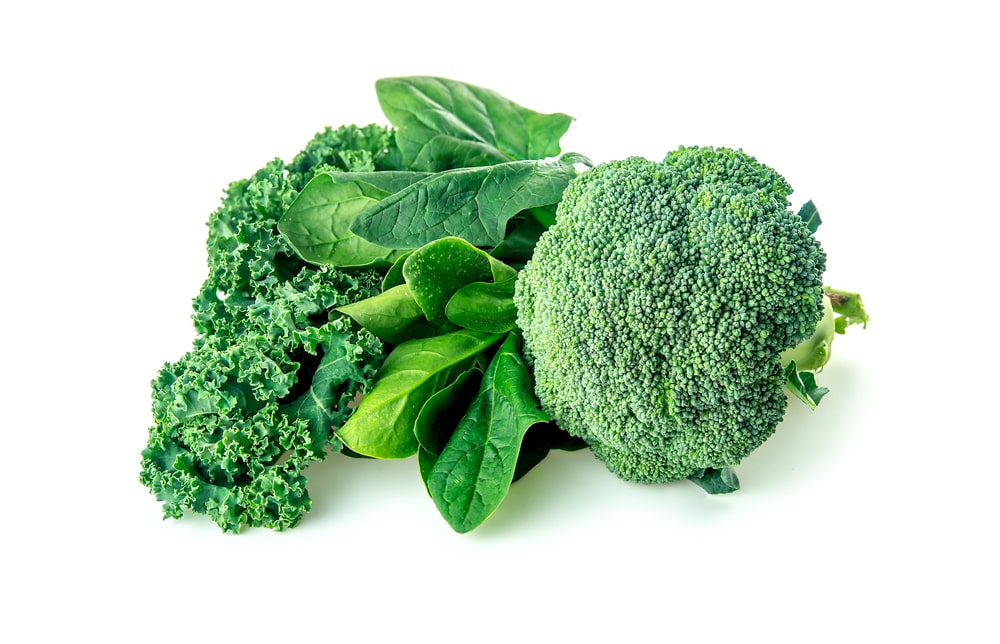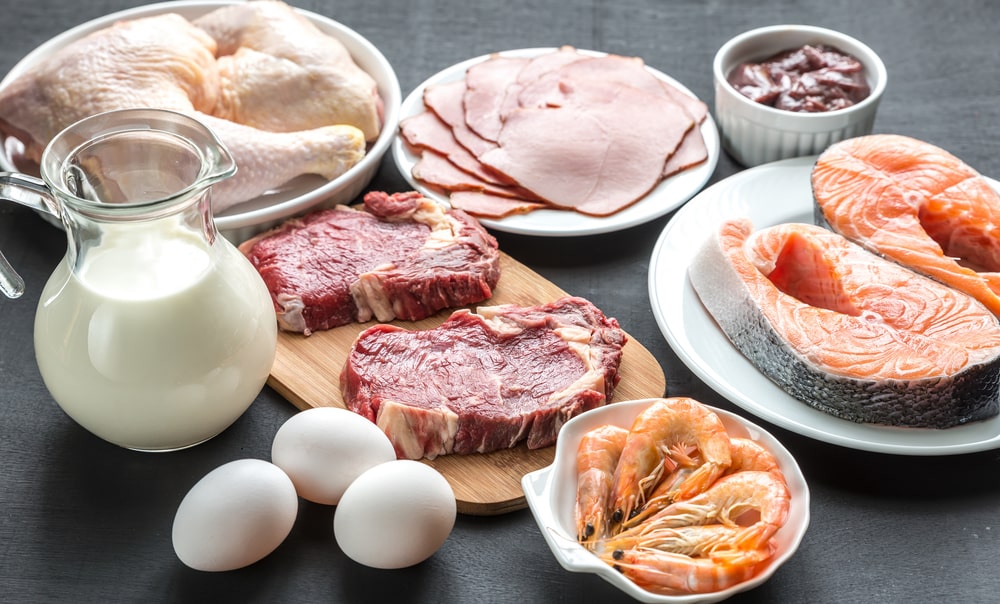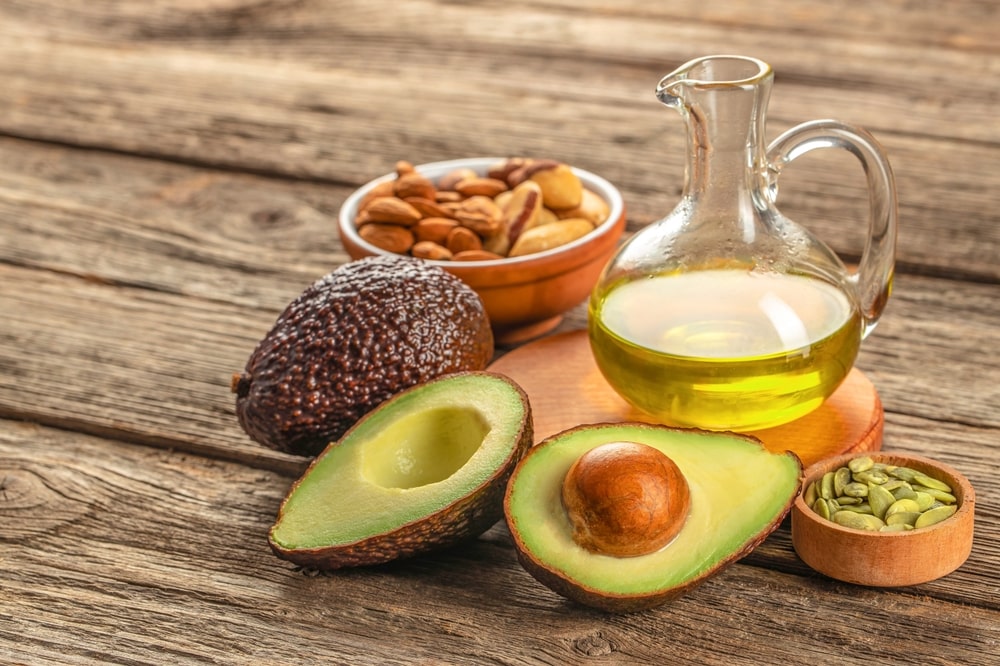Foods To Avoid While Taking Metformin
Metformin is one of the most commonly prescribed medications for managing type 2 diabetes. Despite its widespread use, many people still have questions about how it works, its benefits, and any potential side effects. In this blog, we’ll dive into what metformin is, how it functions, why it plays a crucial role in diabetes management, and foods to avoid while taking Metformin.
What Is Metformin?
Metformin is an oral medication used primarily to control blood sugar levels in people with type 2 diabetes. It belongs to a class of drugs known as biguanides. Approved by the FDA in 1994, metformin has become a cornerstone in diabetes care due to its effectiveness, safety profile, and relatively low cost.
How Does Metformin Work?
The exact mechanism by which metformin lowers blood sugar levels isn’t fully understood, but it is known to have several effects:
- Decreases Glucose Production in the Liver: Metformin helps to reduce the amount of glucose produced by the liver. In people with type 2 diabetes, the liver often releases too much glucose into the bloodstream. By lowering this overproduction, metformin helps keep blood sugar levels in check.
- Improves Insulin Sensitivity: Metformin enhances the body’s sensitivity to insulin. A hormone called insulin aids in cells’ absorption of glucose from the blood. Blood sugar levels rise as a result of cells being resistant to insulin in type 2 diabetes. The body uses insulin more efficiently when taking metformin.
- Enhances Glucose Uptake by Cells: Metformin facilitates glucose uptake by muscle cells, which helps lower blood sugar levels.
Why Does Diet Matter on Metformin?
The work of Metformin is to improve insulin sensitivity and reduce the production of glucose in the liver. However, the success of your diabetes management plan also depends on what you eat. A well-balanced diet helps stabilize blood sugar levels, supports overall health, and can mitigate potential side effects of metformin, such as gastrointestinal discomfort.
Key Nutritional Principles:
When planning your diet while on metformin, focus on these key principles:
- Balanced Macronutrients: Include a mix of carbohydrates, proteins, and healthy fats to keep your blood sugar levels steady.
- Fiber-Rich Foods: Fiber helps slow the absorption of sugar, leading to more stable blood sugar levels.
- Low Glycemic Index Foods: Foods with a low glycemic index have a slower, more gradual effect on blood sugar.
- Hydration: Staying well-hydrated is important for overall health and can aid in minimizing potential side effects.
Foods to Eat While Taking Metformin:
Managing type 2 diabetes with metformin involves more than just taking your medication—your diet plays a crucial role in maintaining stable blood sugar levels and overall health. While metformin is effective in lowering blood glucose levels, eating a balanced diet can enhance its benefits and help you manage your diabetes more effectively. This blog will explore the best foods to eat while taking metformin to support your health and well-being.
Recommended Foods:
1. Whole Grains :

Because of their low glycemic index and high fiber content, whole grains are a great option. Incorporate the following into your diet:
- Oats: Opt for steel-cut or old-fashioned oats rather than instant varieties.
- Quinoa: A versatile grain that is high in protein and fiber.
- Brown Rice: A good alternative to white rice with more fiber and nutrients.
- Whole Wheat Bread: Choose whole grain or whole wheat options for added fiber.
2. Non-Starchy Vegetables:

Non-starchy vegetables are low in calories and carbohydrates, making them perfect for managing blood sugar levels. Examples include:
- Leafy Greens: Spinach, kale, and Swiss chard are nutrient-dense and low in carbs.
- Broccoli and Cauliflower: High in fiber and vitamins.
- Bell Peppers: Rich in vitamin C and low in sugar.
- Zucchini and Cucumbers: Great for hydration and low in carbohydrates.
3. Lean Proteins:

Protein helps to regulate blood sugar levels and supports muscle health. Include:
- Chicken Breast: A lean source of protein without excess fat.
- Fish: Salmon, mackerel, and sardines are high in omega-3 fatty acids and low in carbohydrates.
- Tofu and Tempeh: Excellent plant-based protein options.
- Legumes: They provide a good source of proteins for example: Beans, lentils, and chickpeas.
4. Healthy Fats:

Healthy fats can help with satiety and overall health. Opt for:
- Avocados: Rich in monounsaturated fats and fiber.
- Nuts and Seeds: Almonds, chia seeds, and flaxseeds provide healthy fats and protein.
- Olive Oil: A good source of monounsaturated fats and antioxidants.
5. Fruits in Moderation:

Fruits contain natural sugars but can be part of a healthy diet if eaten in moderation. Choose:
- Berries: Strawberries, blueberries, and raspberries are lower in sugar and high in antioxidants.
- Apples and Pears: These fruits have a low glycemic index and are high in fiber.
- Citrus Fruits: Oranges, grapefruits, and lemons provide vitamin C and fiber.
Foods to avoid while taking Metformin:
Things You Should Avoid Eating/Drinking While On Metformin:
1. Sugary Foods and Beverages:

Why Avoid:
- Blood Sugar Spikes: Foods and drinks high in sugar can cause rapid spikes in blood sugar levels, which counteracts the benefits of metformin.
- Empty Calories: These often contribute to weight gain, which can worsen insulin resistance.
Examples to Avoid:
- Sodas and Sweetened Beverages: Regular and diet sodas, sweetened iced teas, and energy drinks.
- Candies and Sweets: Chocolate bars, pastries, cookies, and other sugary treats.
- Sugary Cereals: Breakfast cereals with high sugar content.
2. Refined Carbohydrates:
Why Avoid:
- Rapid Digestion: Refined carbohydrates are quickly converted into glucose, causing spikes in blood sugar.
- Nutrient Deficiency: They are often low in fiber and nutrients.
Examples to Avoid:
- White Bread and Pasta: Opt for whole-grain alternatives.
- White Rice: Choose brown rice or quinoa instead.
- Pastries and Baked Goods: Donuts, croissants, and other baked items made with white flour.
3. Fried and Fatty Foods:

Why Avoid:
- Increased Insulin Resistance: High-fat foods can increase weight gain and worsen insulin resistance.
- Digestive Discomfort: They may also exacerbate gastrointestinal side effects of metformin, such as nausea or diarrhea.
Examples to Avoid:
- Fried Foods: French fries, fried chicken, and other deep-fried items.
- Fatty Cuts of Meat: Bacon, sausage, and fatty steaks.
- High-Fat Dairy: Whole milk, cream, and high-fat cheeses.
4. Alcohol:

Why Avoid or Limit:
- Blood Sugar Fluctuations: Alcohol can cause unpredictable changes in blood sugar levels.
- Lactic Acidosis Risk: Heavy drinking increases the risk of lactic acidosis, a rare but serious side effect of metformin.
- Interference with Medication: Alcohol can also interfere with the effectiveness of metformin.
Examples to Avoid or Limit:
- Beer and Wine: Limit intake and be cautious of high sugar content in sweet wines.
- Spirits and Cocktails: These often have high sugar content and can affect blood sugar levels.
5. High-Sodium Foods:
Why Avoid:
- Kidney Health: Excessive sodium can strain the kidneys, which is concerning as the kidneys process metformin.
- Blood Pressure: High sodium intake can lead to high blood pressure, which is a concern for people with diabetes.
Examples to Avoid:
- Processed and Packaged Foods: Canned soups, frozen dinners, and snack foods high in sodium.
- Salty Snacks: Potato chips, pretzels, and salted nuts.
6. Certain Fruits:
Why Avoid or Limit:
- High Sugar Content: Some fruits can be high in natural sugars, which may impact blood sugar control.
- Glycemic Index: Fruits with a high glycemic index can cause blood sugar spikes.
Examples to Limit:
- Bananas: High in natural sugars and carbs.
- Grapes: High glycemic index and sugar content.
- Mangoes: High sugar content and can affect blood sugar levels.
7. Caffeinated Beverages (in Excess):
Why Avoid Excessive Consumption:
- Blood Sugar Effects: Excessive caffeine can impact blood sugar levels and increase anxiety or jitteriness, which can complicate diabetes management.
Examples to Limit:
- Coffee: Particularly if sweetened with sugar.
- Energy Drinks: Often high in caffeine and sugar.
What are the Side effects from taking metformin?
These side effects are relatively frequent but often mild and can diminish over time as your body adjusts to the medication.
Gastrointestinal Issues:
- Nausea: Some people may feel nauseous when they start taking metformin.
- Diarrhea: Loose stools are a common side effect, especially when initiating therapy or increasing the dose.
- Abdominal Discomfort: Cramping or bloating can occur.
Metallic Taste:
Some people experience a metallic taste in their mouth while on metformin.
Vitamin B12 Deficiency:
Long-term use of metformin can lead to decreased absorption of vitamin B12, which is essential for nerve function and red blood cell production.
Weight Loss:
Some people experience modest weight loss while taking metformin, which is often considered a benefit for those who are overweight or obese.
Also Read: Is Jardiance Better Than Metformin?
FAQs:
What are the Signs that metformin is working?
Key indicators that metformin is working include improved blood sugar levels, as evidenced by more stable glucose readings and a reduction in HbA1c levels (a marker of average blood sugar over time). You might also experience fewer symptoms of high blood sugar, such as excessive thirst, frequent urination, and fatigue.
How to stop metformin diarrhea?
To stop diarrhea caused by metformin, start by taking the medication with food, which can help reduce gastrointestinal irritation. Gradually increasing the dosage allows your body to adjust more comfortably. Switching to an extended-release formulation of metformin may also alleviate symptoms as it tends to be gentler on the digestive system.
Does metformin cause hair loss in women?
Hair loss is not commonly listed as a direct side effect of metformin, but some women on this medication may experience changes in hair texture or thinning, which can be distressing. The exact cause of hair loss in individuals taking metformin is not well-documented and may be related to other factors such as hormonal changes, underlying medical conditions, or nutritional deficiencies.
References:

